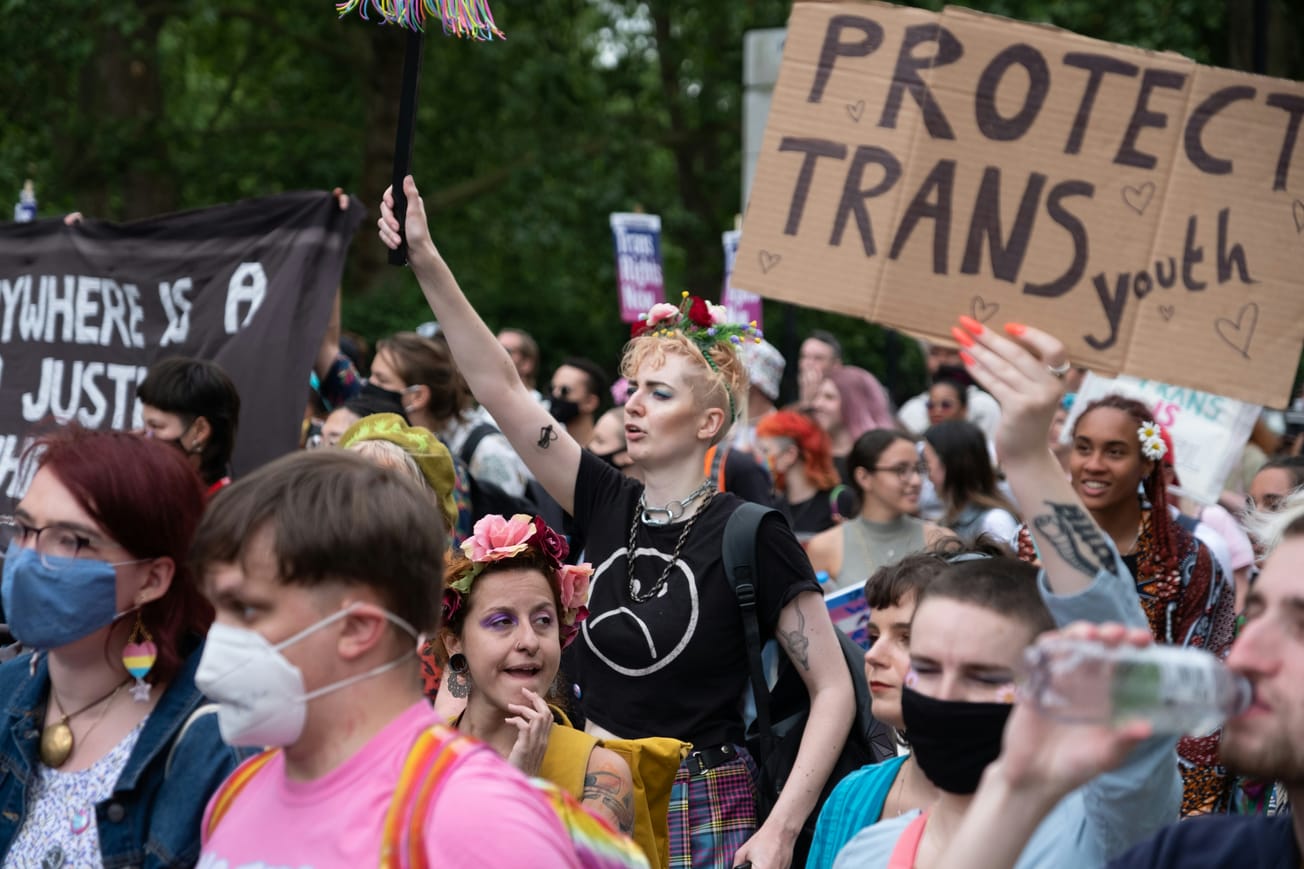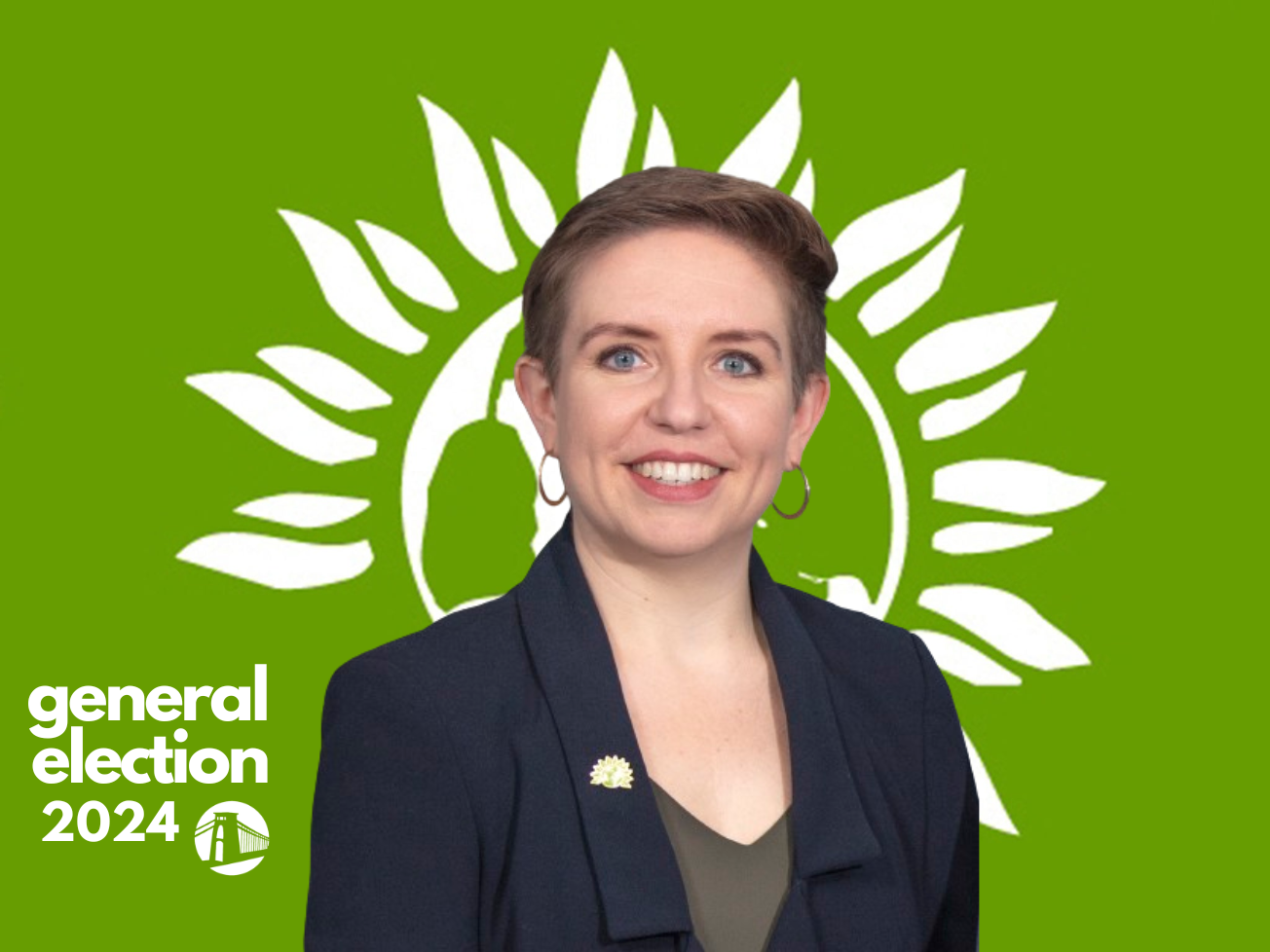By Emma Deadman, Second Year, Liberal Arts
In 2023, there was an 11% rise in hate crimes towards transgender people in the UK. The Home Office reported that this rise may be due to transgender issues being ‘heavily discussed by politicians, the media and on social media.’
This onslaught of anti-trans rhetoric is, arguably, creating an increasingly unsafe and uncomfortable environment for transgender people.
In an effort to learn about the experiences of transgender students at the university — and what more needs to be done to help trans students feel safer on campus — Epigram spoke to a spokesperson from Bristol SU’s Trans Student’s Network.
"It helps a lot being in Bristol, because the trans community is so strong here."
The Trans Student’s Network is a student-run organisation which campaigns to improve the transgender student experience at Bristol and build a welcoming community for transgender individuals.
They provide ‘An opportunity for all self-identifying trans and non-binary students to socialise, campaign and discuss trans issues at Bristol.’
Speaking to Epigram, a spokesperson for the network said that UoB ‘Is a pretty safe place to be trans. We have some decent support structures, and it helps a lot being in Bristol, because the trans community is so strong here.’
The Trans Network and the LGBTQ+ Society provide safe spaces for trans students to support each other by sharing stories and advice. They run a variety of events where students can build friendships and have fun with people who can relate to their experiences.
"The mainstream media have such an obsession with us, and all of us are just here trying to get our degrees!"
The Network has worked with Bristol SU to create the Trans Students Guide to Bristol, a valuable resource which helps people understand the city’s vibrant trans community. This is particularly useful for those who have just moved to Bristol, or are at the beginning of their transition.
March 31st marked the 15th anniversary of Transgender Visibility Day and celebrations took place across the globe. Now, there is more transgender representation in the media than ever before. Recently, popular TV shows such as Heartstopper and Doctor Who have both featured trans characters.
However, this increased representation has not been without a backlash. In recent years, the conversation around trans issues has become increasingly charged, becoming a hugely debated topic across the media and within government.
The recent Cass Report, which investigated the NHS’s treatment for trans children, recommended that children’s access to gender affirming care be limited. This has been met with support from both Rishi Sunak and Keir Starmer.
Today, on Trans Day of Visibility, and always, Labour stands with trans people. #TDOV pic.twitter.com/PaqkzLFiJG
— The Labour Party (@UKLabour) March 31, 2024
This lack of access to care is a common problem which many transgender people face. One of the biggest issues the community is currently facing is access to NHS healthcare for crucial treatments such as gender reassignment surgery and hormone treatments. Last year, the BBC found that trans people are waiting up to seven years for an initial NHS assessment, and after an initial assessment it can take even longer to receive treatment. This is having a negative impact on the mental wellbeing of many trans individuals.
The network expressed that: ‘While [access to healthcare is not] explicitly uni-related, it really does feel omnipresent. The mainstream media have such an obsession with us, and all of us are just here trying to get our degrees!’
The university has identified transgender students as a ‘particularly vulnerable group’ and is working to support them. Recognising that starting university can grant new opportunities to express gender identity, UoB has established a mentoring scheme which ‘Offers students who identify as trans or non-binary the opportunity to be supported by a mentor with lived experience.’ This initiative helps students to navigate the complex feelings that can come with exploring your gender identity, alongside guiding them through other issues, such as housing or working.
"We need vocal allies. We need people to not only support us, but say that they do, and call out transphobic rhetoric on our behalf."
The Trans Network expressed that they ‘Don’t think transphobia [at UoB] is as violently systemic as it is in some universities.’ However, even with this support on offer they stress that ‘Students do still feel on edge most of the time.’
This year, they have ‘Had reports of trans students and staff being misgendered repeatedly, and multiple instances of students being dead-named.’
Deadnaming is when someone refers to a transgender person by the name they used before transitioning. Whether it is intentional or not, this can be distressing for the trans individual. Being misgendered or dead-named can also reveal personal details which a student may not want others to know. These experiences take a significant emotional toll, particularly when they happen repeatedly.
Stonewall, a key LGBTQ+ rights organisation, found that ‘Two in five trans students (39 per cent) [...] wouldn’t feel confident reporting any homophobic, biphobic or transphobic bullying to university staff.’
The network reported that, at UoB, many students do not report transphobic bullying because ‘They don’t want to kick up a fuss, and complaints processes can be lengthy and exhausting.’ This means transphobic behaviour and speech can often go unchallenged, or even unnoticed, and as a result students continue to suffer.
There is a lack of financial support on offer for transgender students at Bristol. The Trans Network says this is something students ‘desperately need more’ of. Lengthy NHS wait times mean students are turning to private healthcare or buying themselves gender-affirming products, like binders, which are typically used by people who were assigned female at birth who wish to compress their chests. This is expensive, particularly in the current cost-of-living crisis.
Many universities across the UK have introduced Gender Expression funds. At UCL and Manchester, trans, non-binary and gender non-conforming students can receive up to £100 to pay for gender-affirming products and transport to medical or therapy appointments. Needless to say, trans students would massively benefit from a system like this at Bristol.
There are many ways trans allies can help their peers feel safer and better represented. The Network says: on the one hand ‘we just want to be treated normally. You wouldn’t call someone by a name that isn’t theirs, so don’t do that to us!’
Despite this, they stress the importance of cis students taking an active interest in improving things for their trans peers: ‘We need vocal allies. We need people to not only support us, but say that they do, and call out transphobic rhetoric on our behalf.’
How grey areas in the SU safeguarding policy and admin delays failed to protect students at Bristol University
Spotlight | Mazí Housing Project : The charity helping to rebuild asylum seeker’s lives
‘Activism is exhausting, especially when you are such a small population, so we need cis people to advocate by our side.’
Featured image: Unsplash / Ehimetalor Akhere Unuabona








